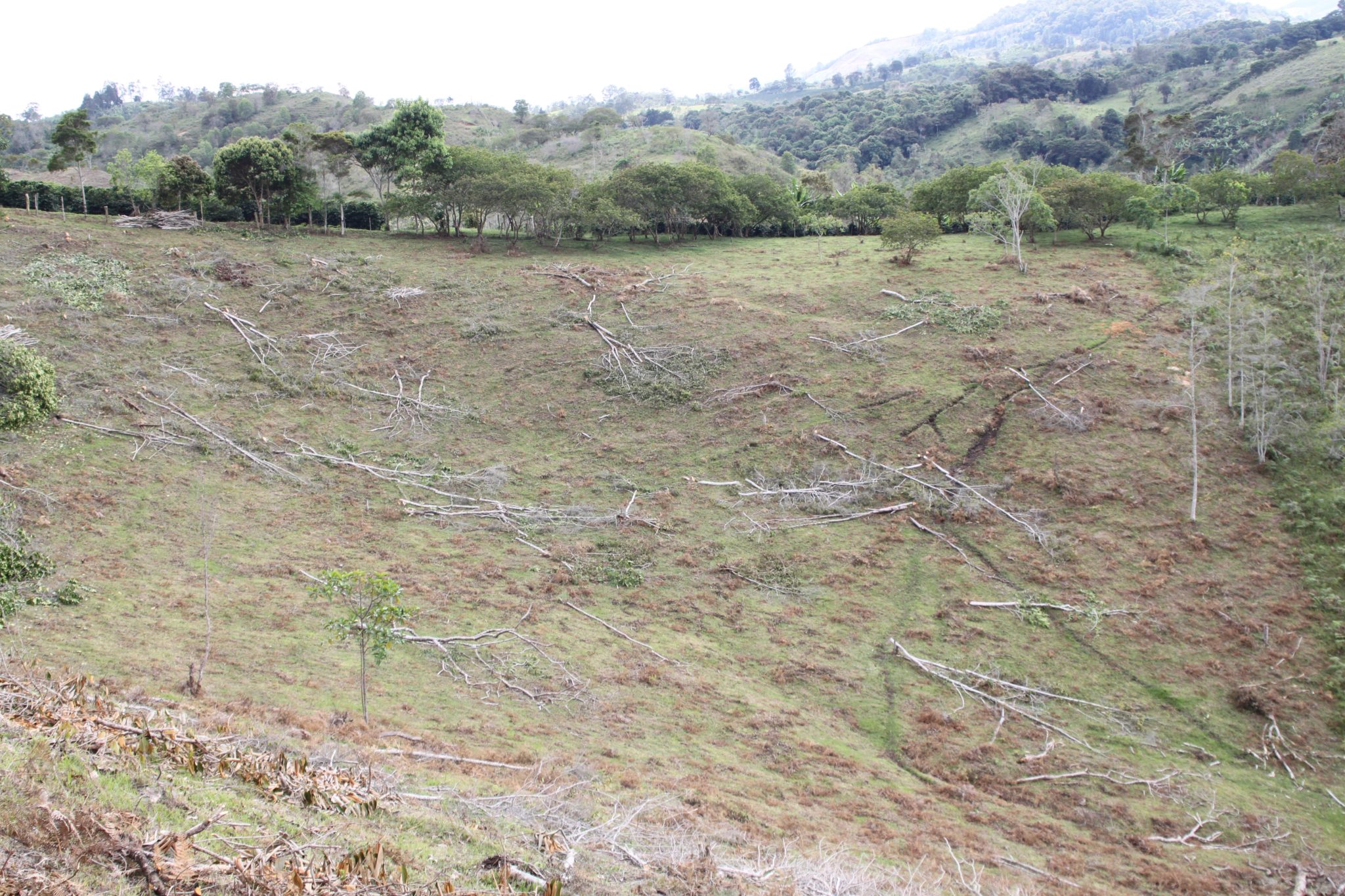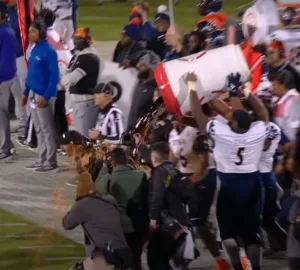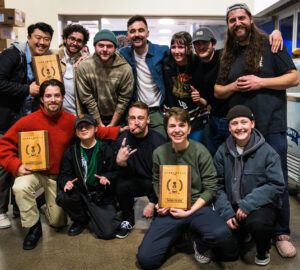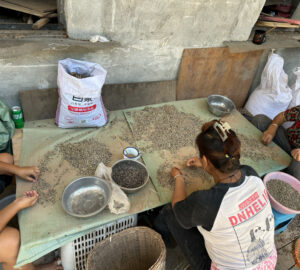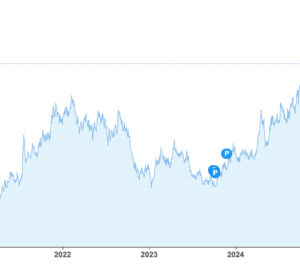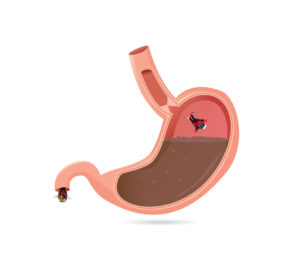Last week, the International Coffee Organization requested the European Union postpone implementation of their new law requiring all imported commodities, like coffee, to prove they are not linked to deforested land. Set to go into effect December 30th of this year, many in the industry argue that there wasn’t enough time for widespread adoption of the measures required to meet the new statue and would ultimately harm small-scale farmers. In their request, the ICO dind’t lay out any specific timeline for the law, but with pressure mounting, the EU appears ready to delay it. The European Commission has proposed to postpone implementation of the new law by a full 12 months, and longer in some cases.
As reported by Bloomberg, the commission states that the overall purpose of the law hasn’t changed but have nonetheless conceded the accelerated timing of its roll-out would ultimately adversely impact global producers. “The commission recognizes that three months ahead of the intended implementation date, several global partners have repeatedly expressed concerns about their state of preparedness,” the European Commission stated. “The state of preparations amongst stakeholders in Europe is also uneven.”
If sign offed on by the European Parliament and its member states, the new proposed start date for the law would be pushed back to December 30th, 2025 for larger companies. The proposal also created a carve-out for smaller operations, allowing until June 30th, 2026 for adoption.
Many in the coffee industry are praising the proposal, calling it a “huge relief.” Still, environmental groups like Greenpeace EU expressed in no uncertain terms disappointment in the proposal. Their Forest Policy Director Sébastien Risso said that Commission president Ursula von der Leyen might as well have wielded the chainsaw herself,” and that “people in Europe don’t want deforestation products on their supermarket shelves, but that’s what this delay will give them.”
The response to the proposal expresses the complicated nature of the situation. Action is desperately needed to combat climate change, and the EU as a large governing body can certainly have an impact. But as the law has shown, steps also needed to be taken to make sure that the most vulnerable aren’t the ones suffering the brunt. A farmer in Uganda, for instance, could have no part in contributing to deforestation, but if they were unable to provide proof, they would still suffer the same ban as those who the law is trying to ban. There is no right answer, not yet at least, but the postponement, while not ideal, may help mitigate the collateral damage from a well-meaning law.
Zac Cadwalader is the managing editor at Sprudge Media Network and a staff writer based in Dallas. Read more Zac Cadwalader on Sprudge.











